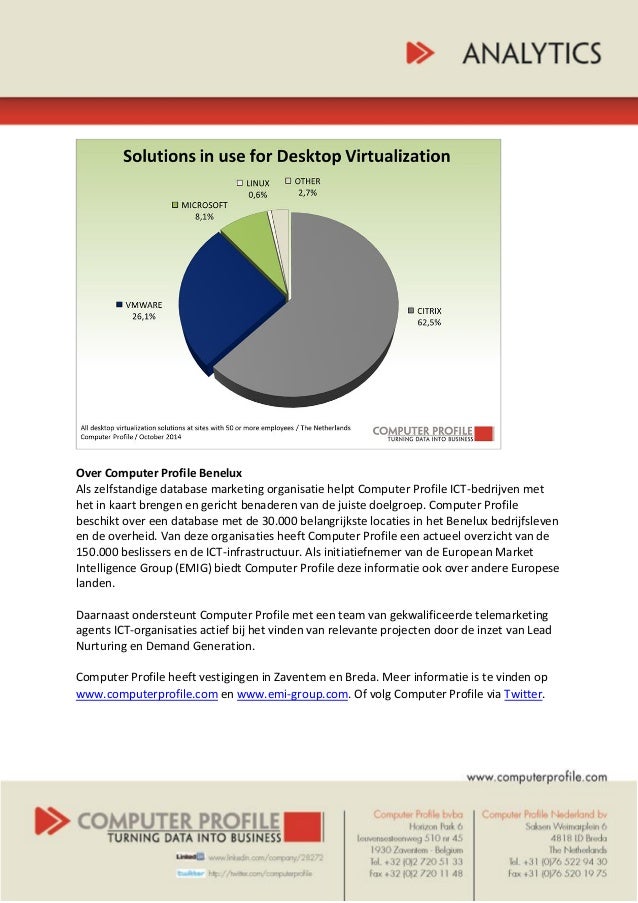

System admins can all manage XenServer from a single location. With the ability to establish and manage a virtual infrastructure via the XenCenter management panel, XenServer is enterprise-ready, cloud-proven virtualization technology. MS-DOS, Sun Java Desktop System, and Solaris x86 are the operating systems that are only supported in vSphere. VMware vSphere supports all windows, Linux, and UNIX operating systems. It only supports MS-DOS and free BSD(an operating system developed by Berkeley software distributions).Ĭitrix's XenServer supports most of the Windows operating systems and Linux OS. It supports almost every host operating system like Red Hat Linux, Linux ES, and Windows series consisting of Windows 95, 98, NT, 2000, 2003, and XP. Generally, it is used by small and medium enterprises. Personal users and small to medium-sized businesses use it. The following table highlights the major differences between the Citrix XenServer and VMware vSphere. Differences between Citrix's XenServer and VMware's vSphere It consists of vCenter Server, vCompute, vStorage, vNetwork, and other infrastructure and applications services.Īs we know, both are server virtualization platforms the question arises: Which one is better? Let's see the difference between them in detail. VMware vSphere is also a type-1 hypervisor, a set of server virtualization products that includes virtualization, management, and interface layers for different virtual machines. Citrix XenServer enables the creation and management of virtualized server infrastructure. Which can efficiently control integrated operating systems, networking configurations, and workloads. It's a platform for bare metal (type-1 hypervisor) server virtualization. XenServer is an open-sourced product from Citrix. The idea of server virtualization is frequently used in IT infrastructure to reduce costs by making better use of already available resources. This includes different OSs, CPUs, Processors, etc.


To hide server resources from server users, server virtualization is utilized. Every virtual server can independently run its own operating system. Server virtualization is the process of partitioning a physical server into multiple unique and isolated virtual servers. Citrix's XenServer and VMware's vSphere are server virtualization platforms.


 0 kommentar(er)
0 kommentar(er)
